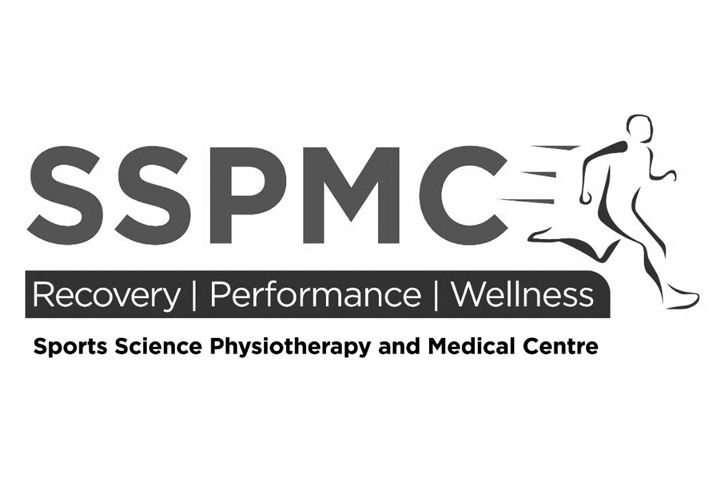Stroke and Its Effect on Communication
A stroke occurs when a blood vessel supplying oxygen and nutrients to the brain either bursts or becomes clogged with a blood clot. The effects of a stroke can range from mild to severe. One of the biggest effects is on the individual’s ability to communicate after the stroke. The three most prominent effects that a Speech-Language Therapist deals with include: Aphasia, Apraxia, and Dysarthria.
Aphasia is a disorder that results from damage to the language areas of the brain. This means that the stroke most likely occurred in the left hemisphere of the brain. Aphasia can disrupt receptive language, expressive language, or both. Receptive language is the ability to understand what is being said or to understand what one is reading. Expressive language is the ability to express one’s thoughts and feelings through speech or through writing.
Apraxia is a motor speech disorder that is caused by damage to the parts of the nervous system that are related to speaking. It is characterised by problems sequencing the sounds in syllables and words. People with Apraxia know what words they want to say, but their brains have difficulty co-ordinating the muscle movements necessary to say those words and they may say something different and even non-sensical.
Dysarthria is a speech disorder that is due to a weakness or incoordination of the speech muscles. People with Dysarthria will have slow, weak, imprecise or uncoordinated speech. Their speech often sounds effortful and depending on severity, unintelligible. Drooling is also a common occurrence in those with Dysarthria.
If you suspect that someone you are caring for has any of these conditions with their communication, it is important that they be referred for assessment by a Speech-Language Therapist. Once the individual is attended to and receives therapy, these conditions can improve.
Apart from trouble speaking or understanding, other warning signs to look out for that indicates a stroke may be occurring include: headaches; dizziness; loss of balance; difficulty walking; sudden confusion; sudden trouble seeing in one or both eyes; sudden numbness or weakness in the face, arm or leg, especially on one side of the body only.






